|
On the 20th June each year, the world commemorates the strength, courage, and resilience of millions of refugees. Around the world more than 50 million people have fled their homes, and over half of these are children. The refugee children we work with in Lebanon, Bangladesh and Myanmar all show great strength, courage and resilience every day, surviving in some of the toughest places around the world. On World Refugee Day 2019, we wanted to take the time to share some of their thoughts and experiences. Eight year old Tasmin fled to Kutupalong camp in September 2017, along with her 10 brothers and sisters. At Kutupalong she is a student at one of the Learning Centres supported by Children on the Edge. It’s the first time she’s been to school and she says, “I have two best friends in my class and I like the songs and dances best, sometimes we make up our own dances and I teach them to my sisters when I get home. I like the flowers in the garden space outside, but sometimes the other kids pick them! The only thing I don’t like is when it gets too hot. My teacher is very kind, she sings and dances with us. I want to be a teacher one day so I must study hard”.
Aarif continued until Year Five in this school, tolerating this kind of bullying. He described how “When I was little, the Burmese people kidnapped my elder sister and tortured her cruelly, but we didn’t leave the country right away, it wasn’t until 2017. One Friday night, we heard the sound of shooting and we were afraid. We left our village and fled. While running I noticed that respected people from our neighbourhood were being tied down with ropes and tortured”. The next morning, Aarif and his family found that all the houses were burnt down. He says “They also kidnapped many girls from Tombazar and nobody knows what happened to them. They tortured leaders and teachers of the Rohingya community and took them away to unknown places. Many of my neighbours and relatives are still in prison in Myanmar". Aarif and his family started a journey towards Bangladesh. They were starving on the journey, walking day after day without even water. “We would try to eat whatever was edible from around” says Aarif. “At the end of a 15-day long walk, we came to the bank of a river. There were Bangladeshi fishermen who helped us to cross the river and enter into Bangladesh”. Aarif now attends one of the Children on the Edge supported Learning Centres in Kutupalong. He describes how “The teachers all behave with a kind heart and love us, so we enjoy the classes. While in Myanmar, we did not get this kind of care and attention, we didn’t get any support. I am dreaming now that one day I will be a great man”. Hoda is one of seven children and she lives in a refugee settlement in Bekaa Valley, Lebanon. She and her family fled the war in Syria. As the conflict has been going for over eight years now, she and her brothers and sisters have never known any different. Sadly last summer Hoda’s father was killed in a car accident. This makes things very difficult for her mother, looking after seven children in a camp alone. Life is tough for many children like Hoda, and school is difficult to get to from the refugee settlements. Even if they do travel there, many children experience abuse, and struggle with the language barrier. This is why we are supporting a brand new school for refugees in Zahle. There is room for over 300 children and the teachers are all from their own communities. The new school, gives children the chance to learn with friends, space to play and the opportunity to get used to a more formal school environment so one day they can start going to a Lebanese school, or even a Syrian school should a return become possible. Htwel Shaung is a five-year-old boy who attends one of the Early Childhood Development Centres we support in the remote displacement camps of Kachin State, Myanmar. When Htwel Shaung started coming to the Centre, he displayed a lot of aggressive behaviour. This kind of behaviour is common for children who have experienced trauma, and many of the displaced children that live in these mountain camps have known little else but war. Their families fled their homes when armed conflict escalated in Kachin State in 2011 and now live in freezing temperatures on the China border, cut off from the most basic services and humanitarian aid. The Centres are designed to be warm, welcoming spaces, where children can begin to recover from this trauma and have the best possible start. Teacher training includes child psychology and child mental health. Staff support children to regain a sense of security and self-worth while facilitating their long term recovery and well-being. Within a few months of attending the Centre, Htwel Shaung’s behaviour started to change. He listened well to the teachers, started to really enjoy playing with all the toys, games and began getting on well with the other children. Support usComments are closed.
|
RECEIVE OUR EMAILSBlog Categories
All
Archives
July 2024
|
|
JOIN US ON SOCIAL MEDIA
|
Annual Report | Contact Us | Jobs | Media Centre | Resources | Shop
Accessibility & Policies: Accessibility | Equity, Diversity & Inclusion Policy | Complaints| Privacy Policy | Safeguarding
Accessibility & Policies: Accessibility | Equity, Diversity & Inclusion Policy | Complaints| Privacy Policy | Safeguarding
Children on the Edge, 5 The Victoria, 25 St Pancras, Chichester, West Sussex, PO19 7LT, UK | 01243 538530 | [email protected]


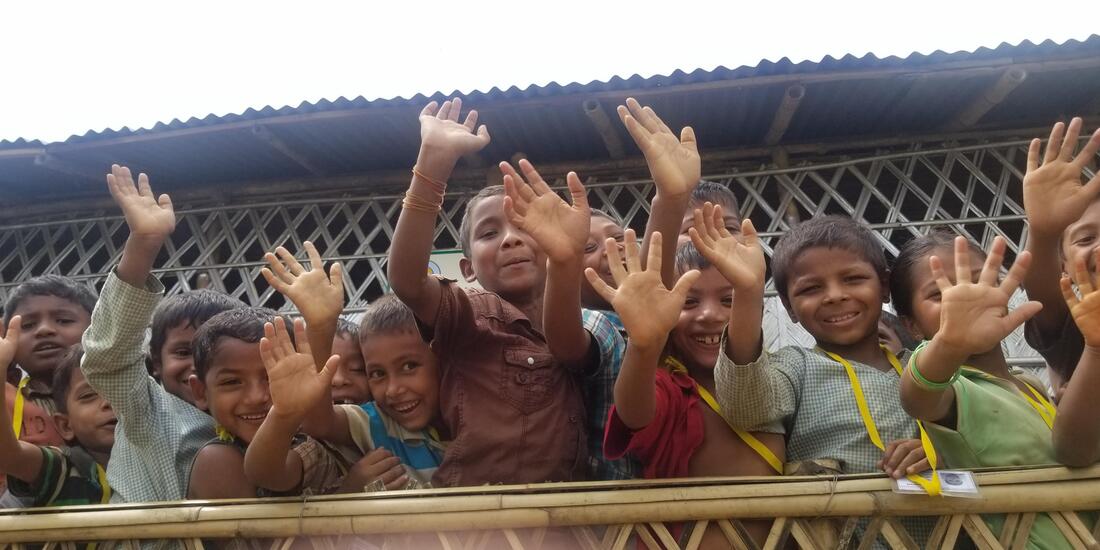
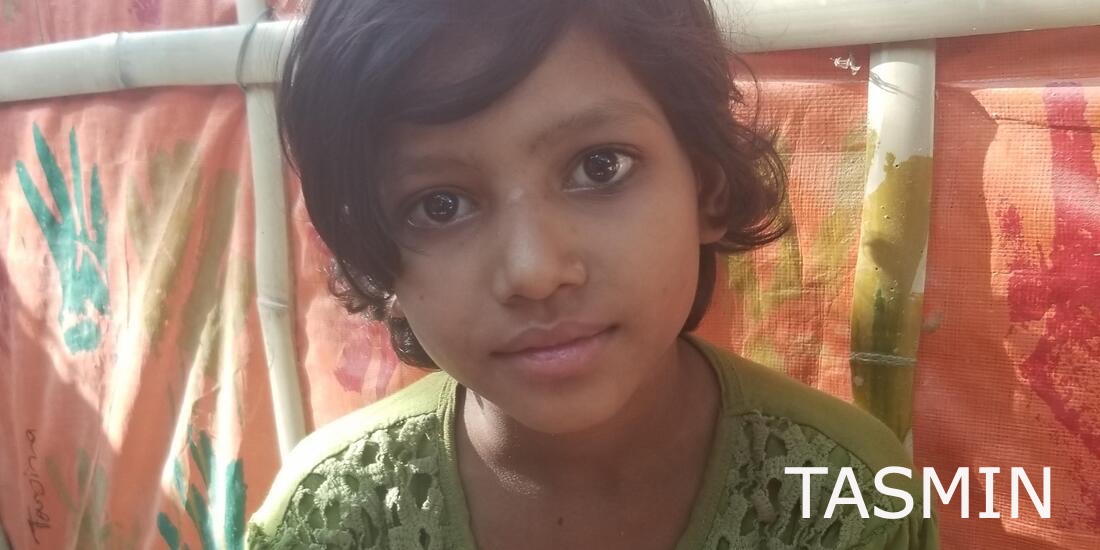
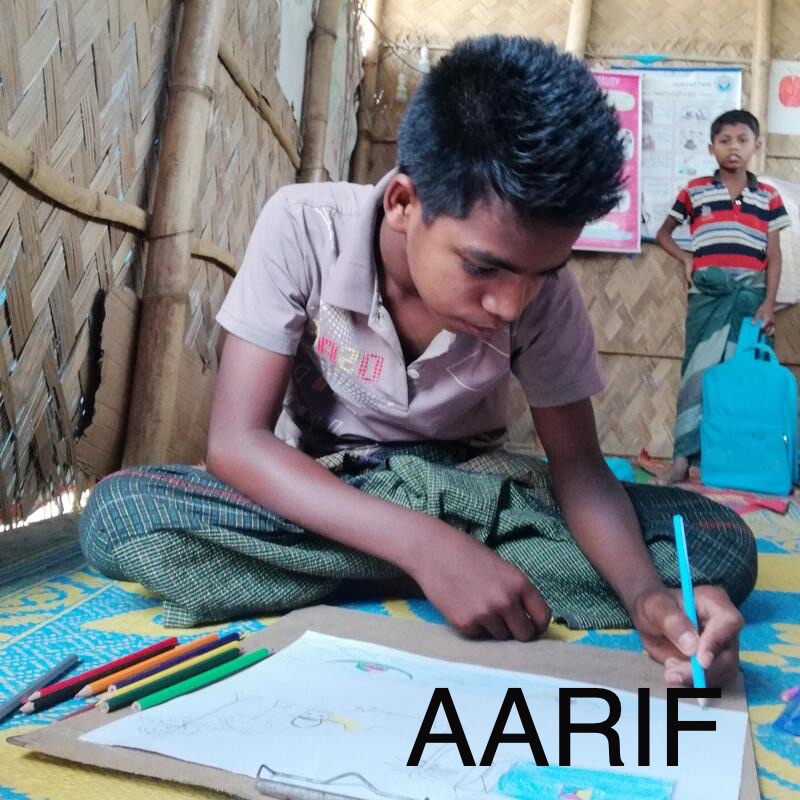
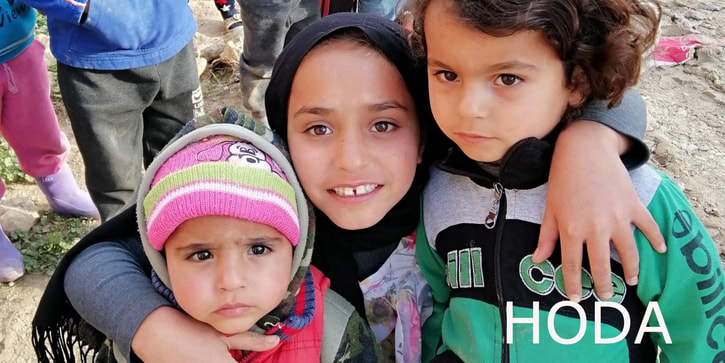
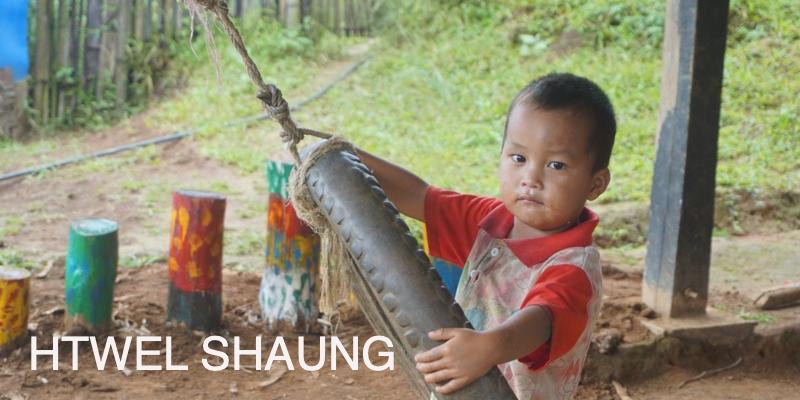
 Give monthly
Give monthly Fundraise for us
Fundraise for us RSS Feed
RSS Feed
